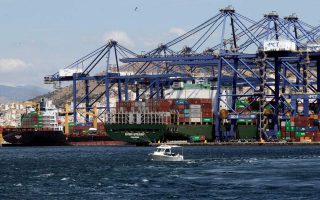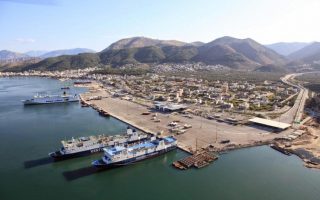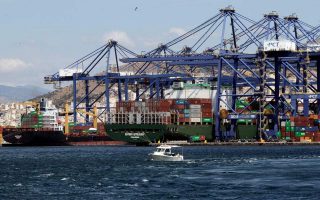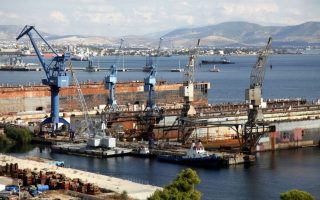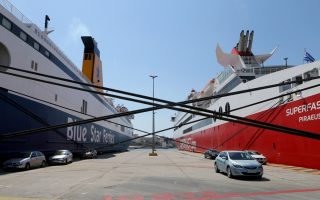Ferry firm losses at €120 million in 2020
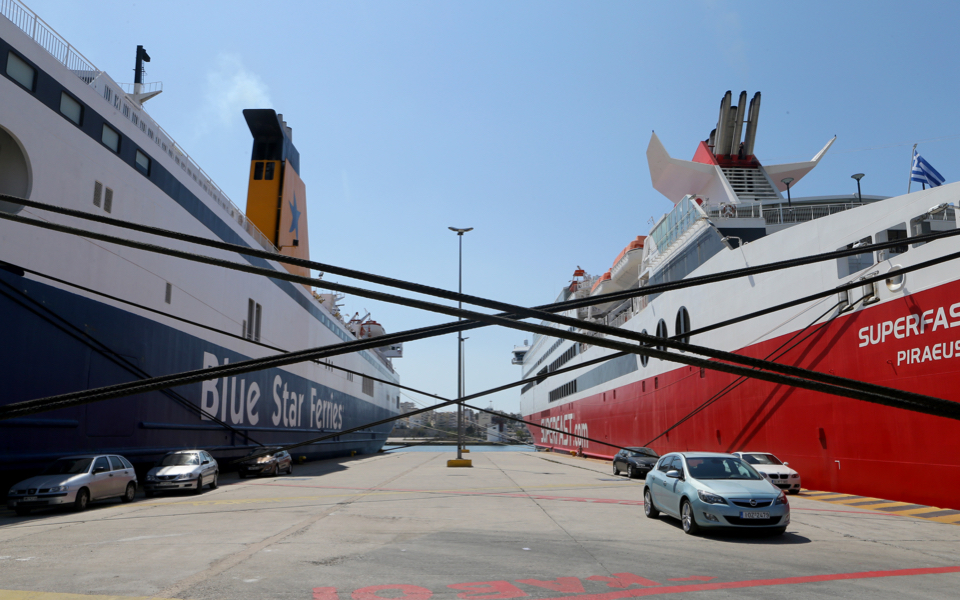
Coastal shipping suffered estimated losses of 120 million euros last year, with its turnover shrinking by €300 million due to the pandemic, bringing an end to a period of five consecutive years of progress. However, there is a set of possible measures that could take the sector back to growth, according to a report published by the Foundation for Economic and Industrial Research (IOBE) on Tuesday.
Passenger traffic on domestic routes sank 55% year-on-year in 2020, while vehicle traffic dropped 36%. The Adriatic market dealt the biggest blow to the local sector, with passenger figures shrinking 69% while vehicle traffic declined by just 8%.
The total contribution of passenger shipping to the economy is considerable, as in 2019 terms it amounted to 7.4% of the country’s gross domestic product, or €13.6 billion. In employment terms its contribution amounts to 8.5% of the economy (332,000 jobs), while accounting for some €3 billion euros in annual state revenues.
For the ferry sector to return to a course of growth, IOBE recommends a series of measures: These include a permanent reduction in the value-added tax on tickets from 24% to 13%, subsidies for the construction of new-technology ferries and investment in alternative fuel, state compensation based on actual revenues, the utilization of new technologies and the improvement of port infrastructure.
The uncertainty about the course of the pandemic in the near future and the degree to which this will affect tourism flows in the medium term constitute the main risks for Greek coastal shipping, IOBE noted.
Moreover, the transition to a low-carbon economy and the adoption of measures stemming from the national policy for energy and the climate for the decade up to 2030 are affecting the sector’s operation, operating costs and competitiveness.
Therefore, in the medium term, compliance with the environmental regulations in place generates the need to accelerate the renewal of the fleet, as two in every five ferries have been used for over 30 years.
